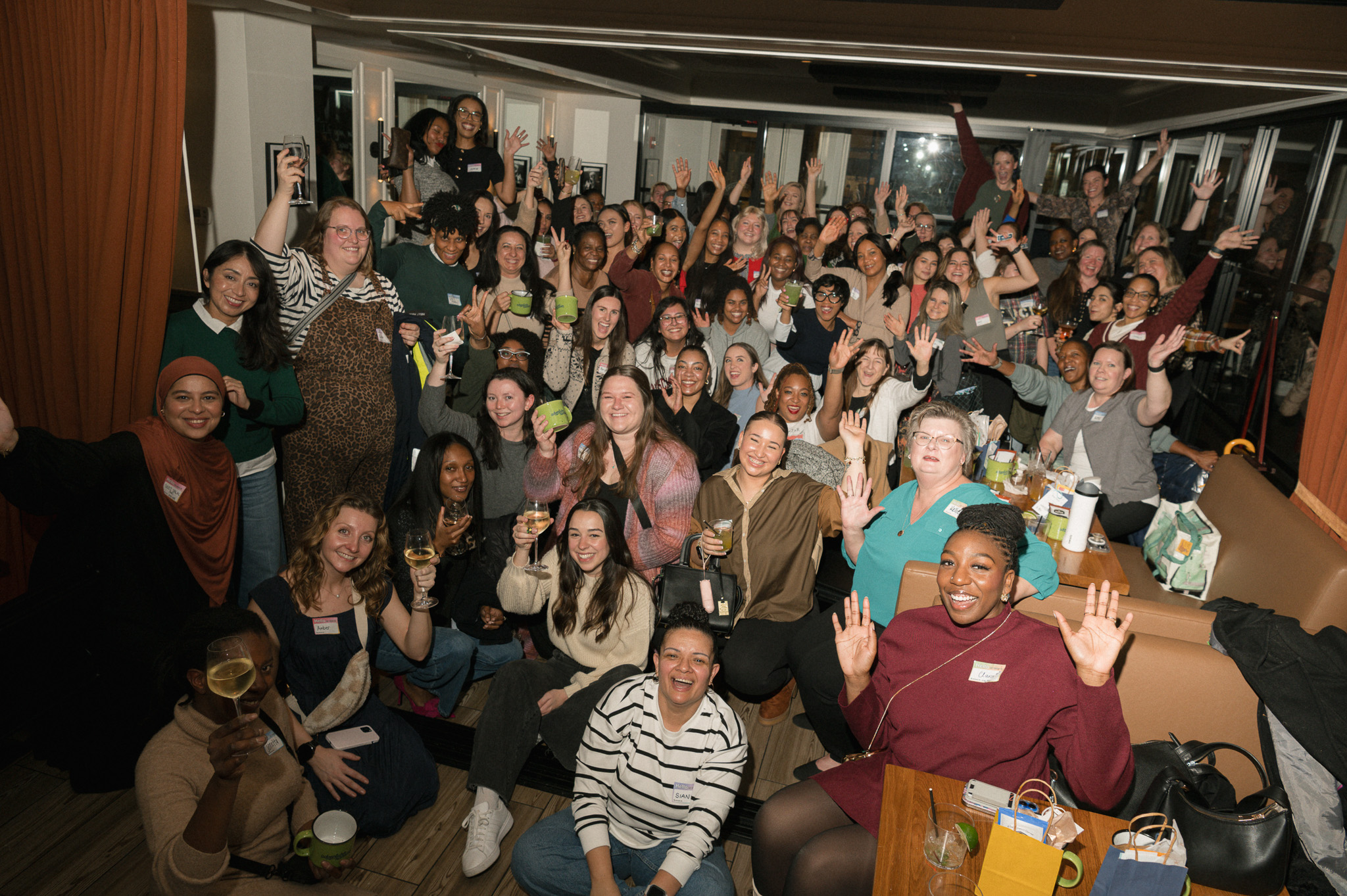Choosing a path for your child’s education can feel... well, huge. It’s like standing in a library with thousands of books and no idea which one to open first. The options can be overwhelming, and it's totally normal to feel that way. For many families, the well-trodden path of conventional schooling doesn’t quite feel like the right fit. They’re looking for a learning environment that better reflects their values, accommodates a dynamic lifestyle, or simply nurtures their child’s unique spirit in a different way.
.avif)
That’s where the world of “alternative education” comes in. From philosophies that have been around for over a century to modern, globe-trotting approaches, there are incredible ways to support and champion your child's growth. We believe in doing our homework and being transparent—and we want to empower you to do the same. So, let’s pull back the curtain on some of these educational models.
Montessori
You’ve likely heard the name, but what’s the real story behind it? At its heart, the Montessori approach, developed by Dr. Maria Montessori, is all about trusting the child. It’s about fostering their innate independence and respecting their natural pace. Think of it less as 'teaching' and more as a guided 'discovery,' where kids learn by getting their hands on the world.
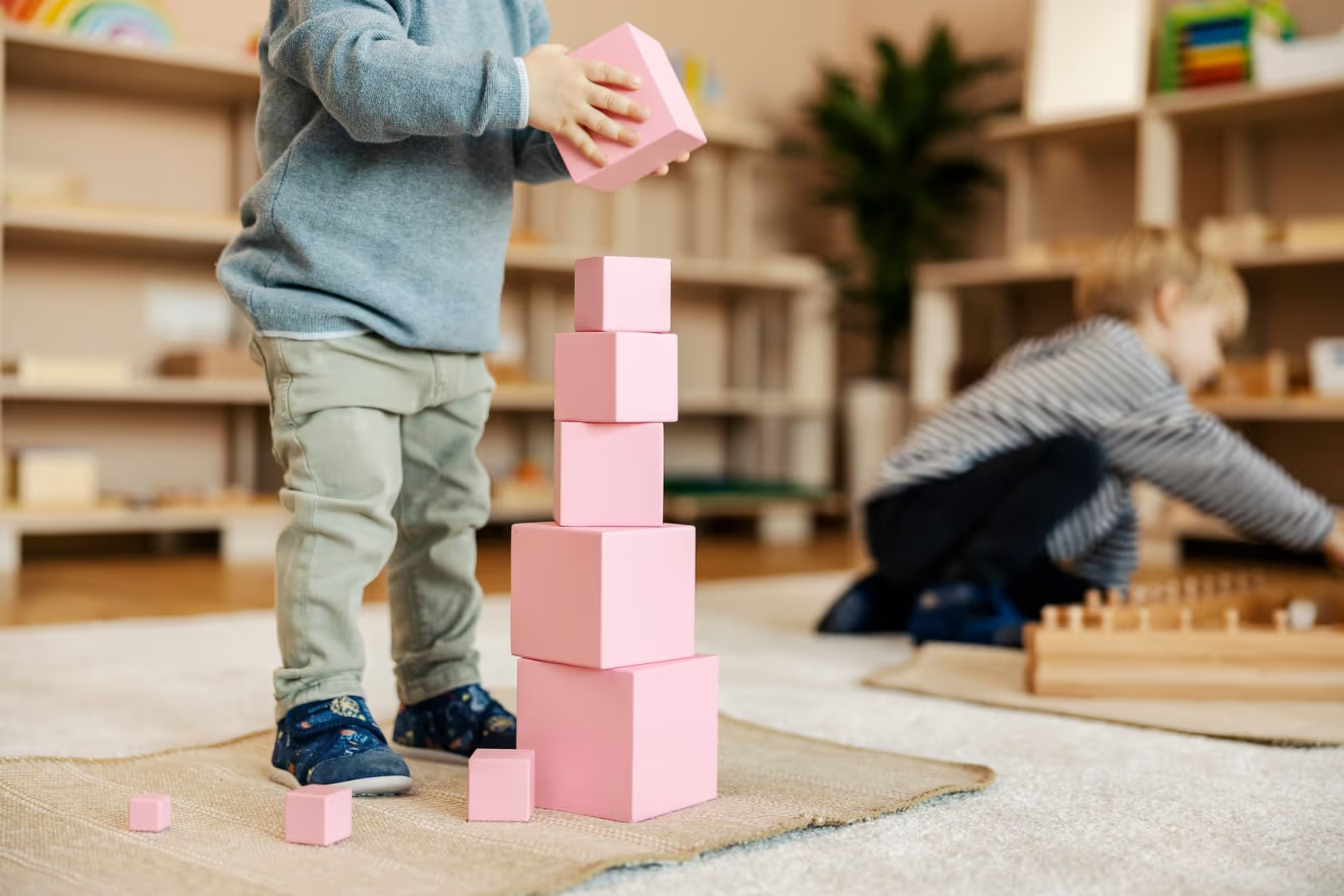
Key elements you’ll often find in a Montessori setting include:
Mixed-age classrooms
This allows for peer-to-peer learning, where older kids can mentor younger ones.
Student-led activity
Children choose their own tasks from a curated set of options, allowing them to follow their curiosity.
Uninterrupted work periods
Long blocks of time (often up to three hours) let students get into a state of flow without being rushed.
Specially designed materials
These hands-on tools are created to teach specific concepts in a tangible way.
Freedom of movement
Kids aren’t stuck at desks; they can move around the classroom as they work.
Want to dive deeper? Here are a few great resources to get you started: Our Blog on how to spot an authentic Montessori school, What Are Phonograms?, Intro To Montessori, Association Montessori Internationale School Standards, and a fantastic list of Montessori toys & activities.
Reggio Emilia

Born in the villages of Italy after World War II, the Reggio Emilia approach is a beautiful, community-based philosophy. It was founded on the belief that children are powerful, capable learners who express themselves in “a hundred languages”—from painting and sculpting to drama and music.
The core principles are:
Respect, responsibility, and community
Learning happens through relationships with others.
An emergent curriculum
The curriculum isn't set in stone; it evolves based on the children’s own interests and questions.
The environment as the "third teacher"
Classrooms are intentionally designed to be beautiful, inspiring, and rich with materials that provoke exploration.
Deep documentation
Teachers carefully document the children’s work and conversations to understand their learning process.
For more info: North America Reggio Emilia Alliance, Reggio Children Foundation
Waldorf (Steiner) Education
Walk into a Waldorf early childhood classroom, and you’ll likely feel a sense of calm and wonder. You’ll see natural materials, soft colors, and a focus on imaginative play, art, and music. The philosophy, founded by Rudolf Steiner, centers on a predictable, gentle rhythm and a deep connection to nature. It’s an approach designed to nurture the whole child—head, heart, and hands.
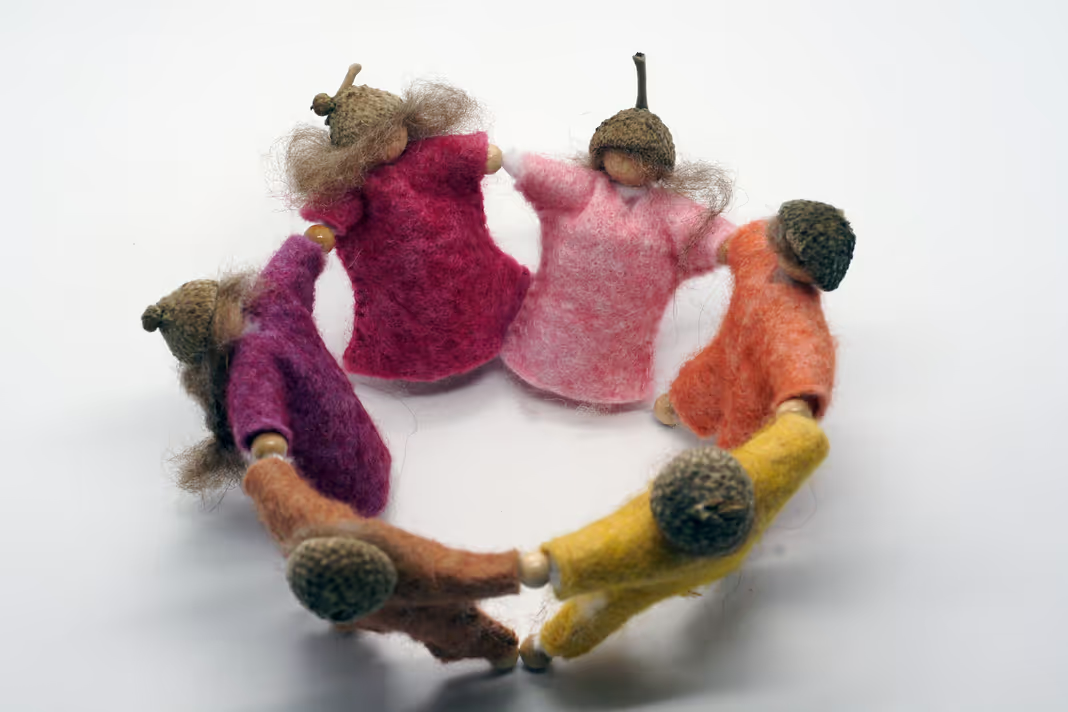
The emphasis on creativity, emotional well-being, and a screen-free childhood is a compelling vision in our fast-paced world. Like any philosophy with a long history, it has its complexities, and we encourage families to ensure any school’s values are in alignment with their own.
For more info: The Birth of Waldorf Education in Britain, Class is Back to Nature: The New York Times
Unschooling
.avif)
Unschooling is built on a foundation of trust—trust that curiosity is innate and that children are natural learners. This philosophy advocates for learner-chosen activities as the primary means for learning. Instead of a set curriculum, learning happens organically through real-life experiences: play, travel, household responsibilities, deep dives into personal interests, mentorships, and social interaction.
It’s a shift from a teacher-led model to a learner-led one, believing that when learning is personal, it’s more meaningful, better understood, and more likely to stick.
For more info: Unschooling Then and Now
World Schooling
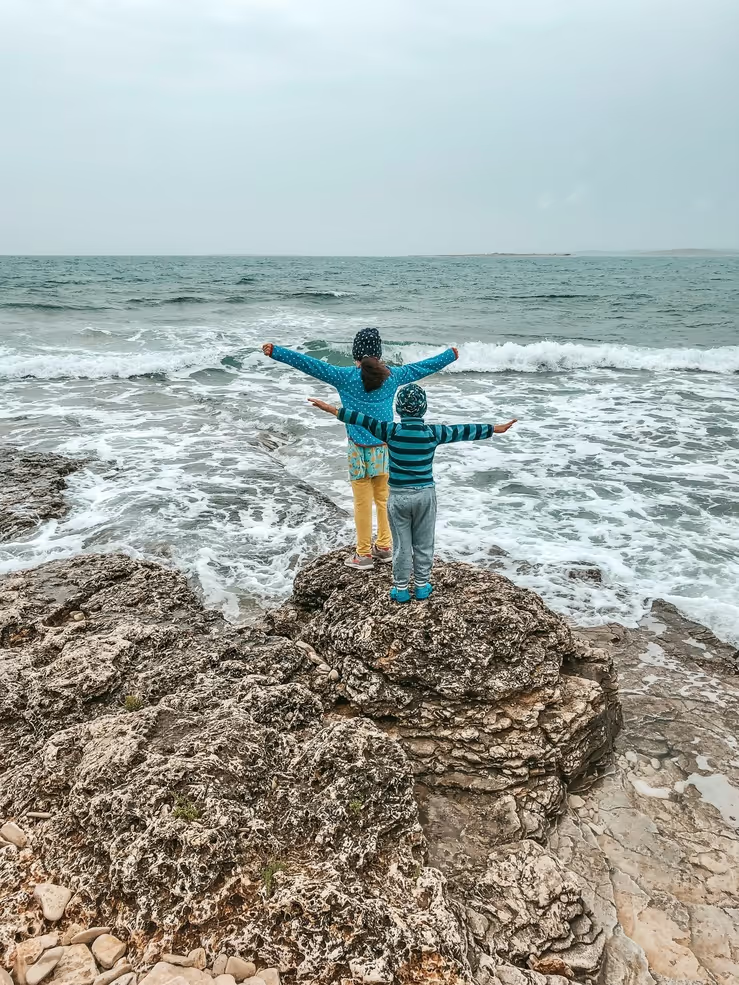
For globally-minded families whose home is the world, World Schooling is an incredible way to provide educational consistency without sacrificing adventure. Many of these international schools follow the highly respected International Baccalaureate® (IB) curriculum. This means a child can seamlessly transition between IB schools in different countries, from their early years all the way through high school. It’s an amazing option for families who want to provide both stability in education and the boundless adventure of a global lifestyle.
For more info: International Baccalaureate® (IB), Seattle World School, Kanto International World School
Microschools
Think of a microschool as a modern take on the classic one-room schoolhouse, reimagined for the 21st century. But what does that look like in real life? It can be pretty magical. Our Marketing Director shared that sending her son to a microschool for first grade was one of the best decisions she ever made because the school wasn't just in the community; the community was the school. The local park, with its miles of hiking trails, became their official playground and science lab.
.avif)
Art class wasn't in a stuffy room, but at the professional art studio down the street, where the kids spent a whole semester creating a massive float with local artists, which they proudly rode in the neighborhood's Fourth of July parade. Their music lessons were at the recording studio a few blocks away. They learned about nutrition and different cultures through scavenger hunts at the corner grocery store and got their hands dirty every day tending to their plot at the community garden, chatting with neighbors as they watered their plants.
This is the heart of the microschool movement: learning isn't confined to four walls. It's an immersive, community-integrated experience where children see that learning is everywhere. Because they are intentionally small and nimble, guides can pivot to follow the children's real-time interests, fostering a profound love of learning in a tight-knit, collaborative environment where every child is truly seen and heard.
For more info: National Microschooling Center, and if you're feeling inspired to start your own, Establishing Your Microschool.
The Ultimate Customization: Private Educators
For some families, the answer isn’t a school at all, but a dedicated private educator. This is where education becomes truly bespoke. The beauty of working with a private educator is the unparalleled ability to create a curriculum from the ground up, perfectly tailored to your child. Imagine blending the hands-on discovery of Montessori with the nature-based rhythm of Waldorf, or combining a structured math curriculum with the interest-led exploration of unschooling. A great private educator can weave together the best elements of different philosophies to meet your child exactly where they are. Each day, each week, each lesson can be adapted to their unique learning needs, passions, and curiosities, creating an educational journey that is as dynamic and individual as they are.
At the end of the day, this is your family's unique journey. The goal isn't to find a single 'perfect' school—because perfect doesn't exist! It's about finding a community where your family's values are reflected, and your child is empowered to grow into their amazing self. Do your research, ask the tough questions, and trust your gut. You’ve got this.
Sources
- The Guardian on Unschooling
- The Steiner School In Britain
- What Are Phonograms?Intro To Montessori
- Association Montessori Internationale School Standards
- The Birth of Waldorf Education in Britain
- Class is Back to Nature: The New York Times
- North America Reggio Emilia Alliance
- Reggio Children Foundation
- Unschooling Then and Now
- Establishing Your Microschool
- Meridian Microschool
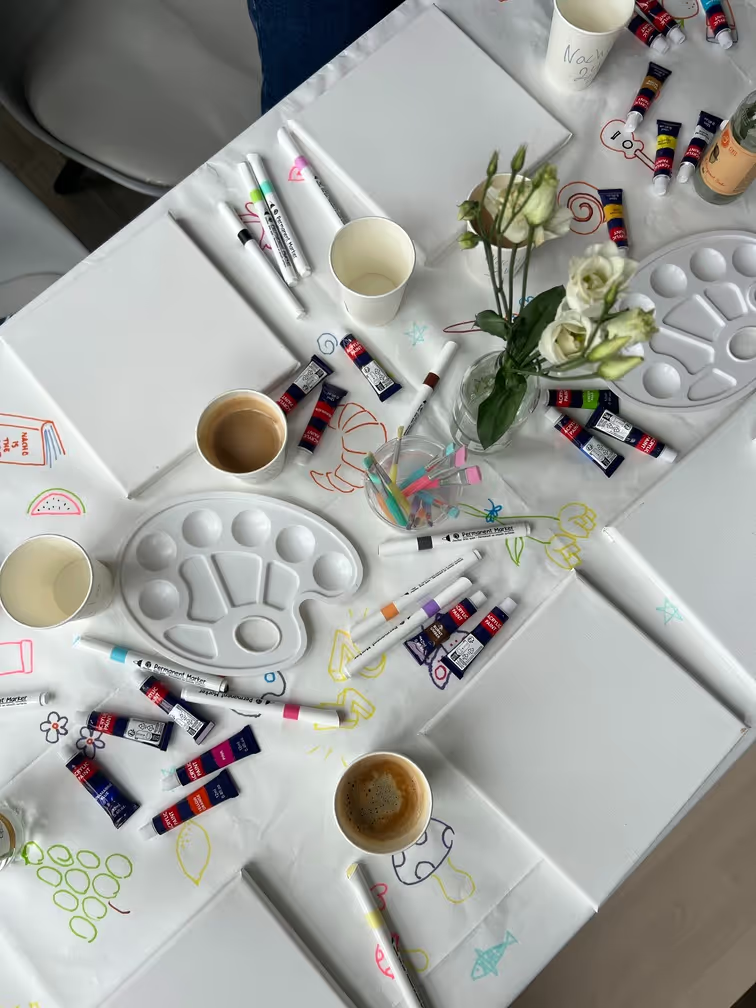


.jpg)
